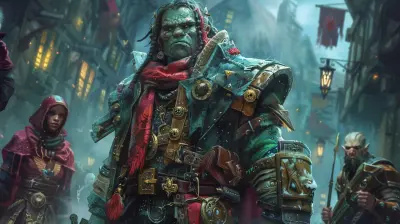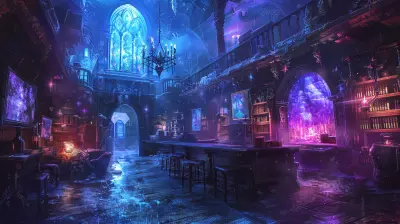Mechanical Depth That Encourages Replays
12 September 2025
Ever played a game that got its hooks into you so deep, you couldn’t stop thinking about it? The kind of game that you keep coming back to even after the credits roll? Yeah, we've all been there. There’s one key ingredient that separates those endlessly re-playable masterpieces from the one-and-done titles: mechanical depth. It’s that special sauce that makes players say, “Just one more run,” at 2 AM on a Tuesday.
So what exactly is mechanical depth, and why does it have such a magnetic pull on gamers? Let’s dive deep into this fascinating topic and unpack why depth in gameplay mechanics isn't just nice to have—it’s essential for creating games that stand the test of time.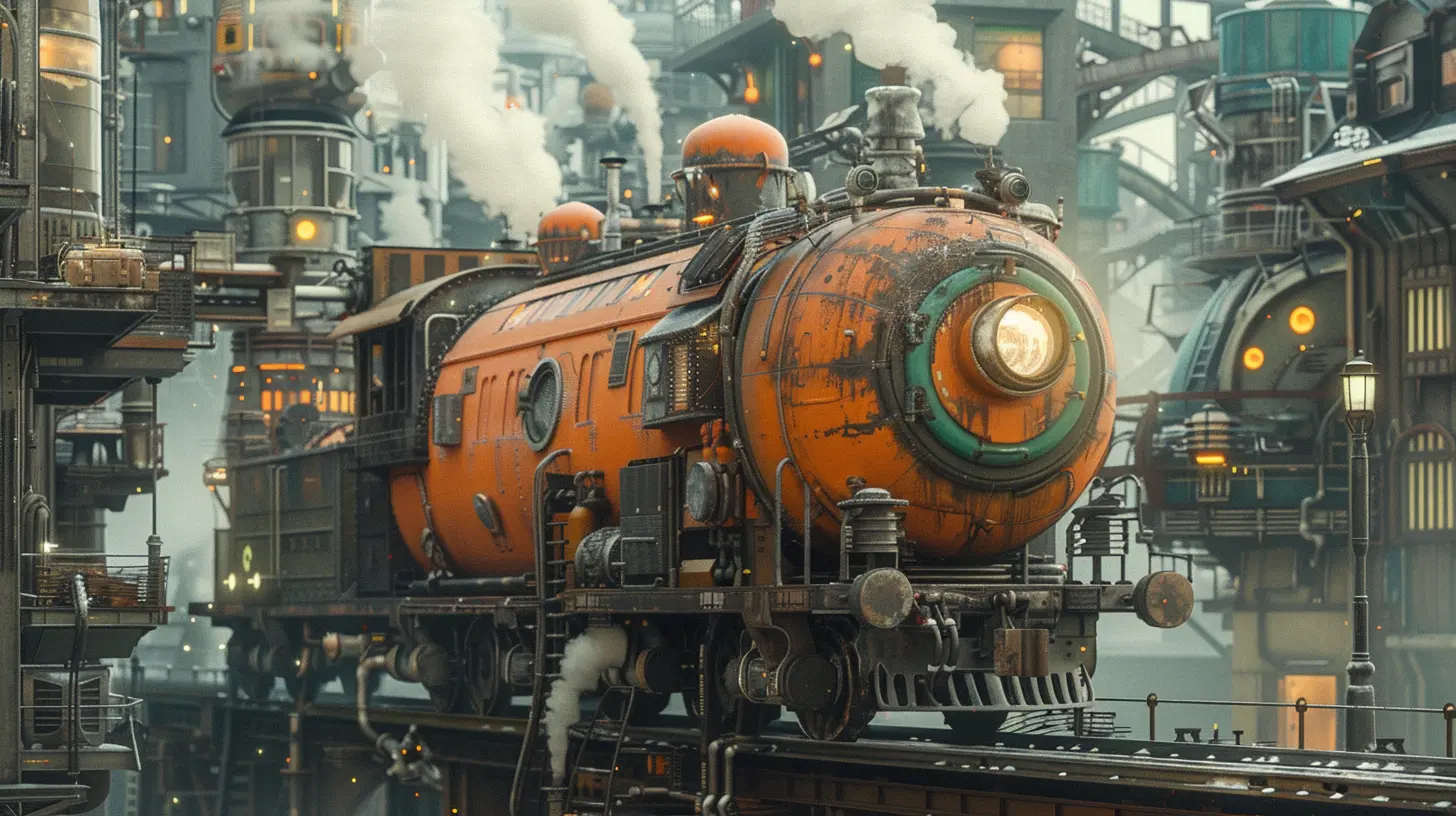
What Is Mechanical Depth, Anyway?
Ok, so let's clear the air first. Mechanical depth doesn’t mean a game has a ton of features or is impossibly hard. Nope! It’s all about how the game systems interact and how many possibilities they create for the player.Think of mechanical depth like a well-made sandwich. Lots of ingredients layered just right, working in harmony. It’s not about throwing everything in there and hoping it tastes good—it’s about balance, creativity, and making sure every bite (or playthrough!) is satisfying.
When a game has mechanical depth, it gives players meaningful choices. And when players feel like their decisions actually matter? That’s when replayability kicks into overdrive.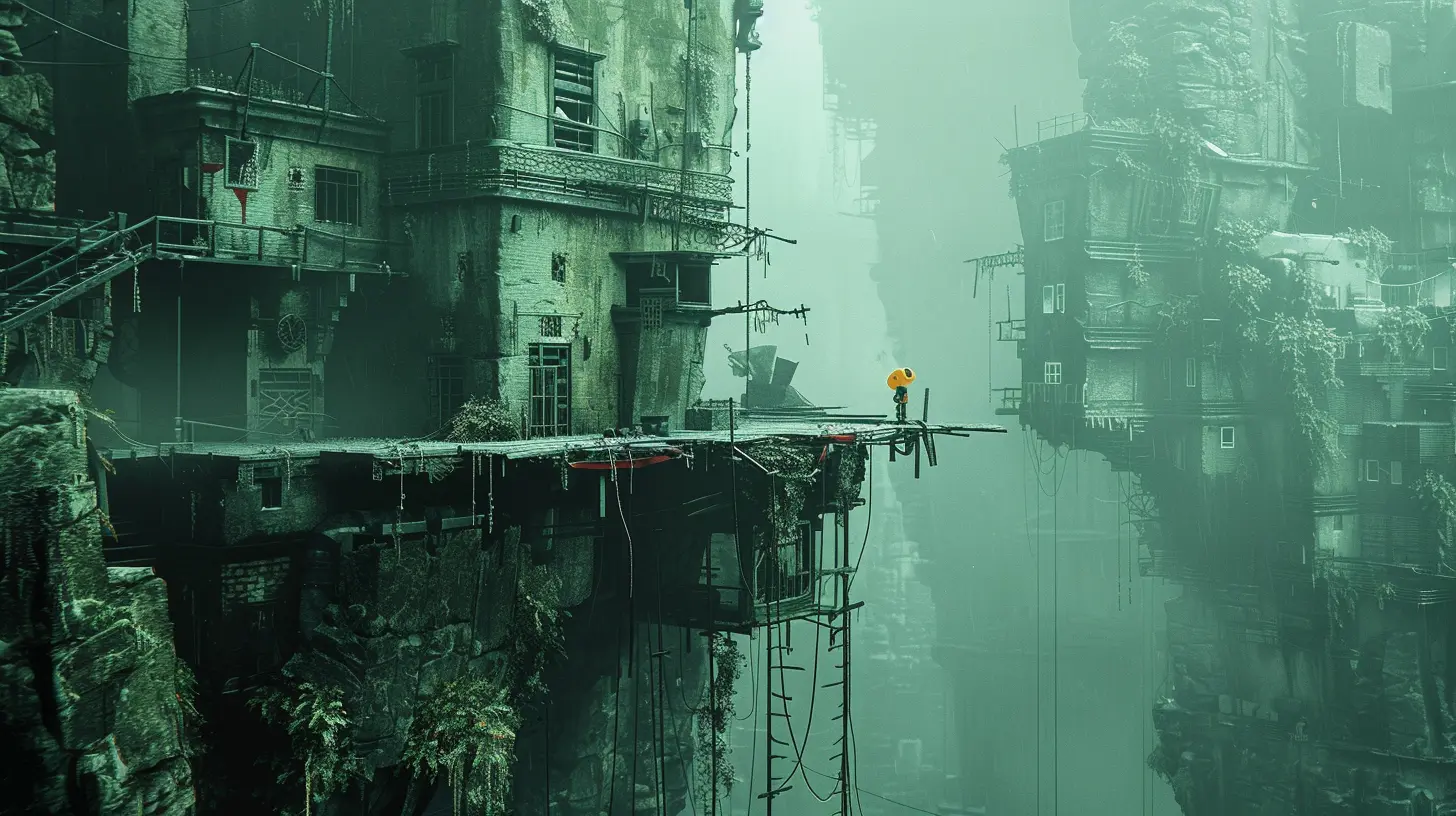
Why Mechanical Depth Is the Secret Sauce for Replayability
Let’s be real. Not every game screams, “Play me again!” Some are like a summer fling—fun while it lasts, but you move on quickly. Others, though? You keep going back like it owes you money.Here’s why mechanical depth keeps us coming back for more:
1. No Two Playthroughs Feel the Same
Games with deep mechanics offer different paths, combos, or strategies every single time. You can tackle challenges in multiple ways, and even better, you want to experiment.Take a game like Into the Breach. On the surface, it’s a grid-based tactics game. Simple, right? But each unit, enemy move, and building placement changes the game. It’s like playing chess with aliens every time—and it never feels stale.
2. It Rewards Mastery (Not Just Winning)
Good mechanical depth rewards not just beating the game, but getting better at it. Your first run might be a mess, but by your fifth or tenth, your decisions become sharper.Games like Dead Cells or Hades nail this. You die a lot, but each run makes you smarter. You learn patterns, optimize builds, and suddenly you’re slicing through enemies like a hot knife through butter.
3. It Feeds Curiosity
Deep mechanics make players ask, “What if I did this instead?” and that question is like catnip. The desire to try new strategies, test different builds, or experiment with unique combos makes you hit “New Game” instead of quitting.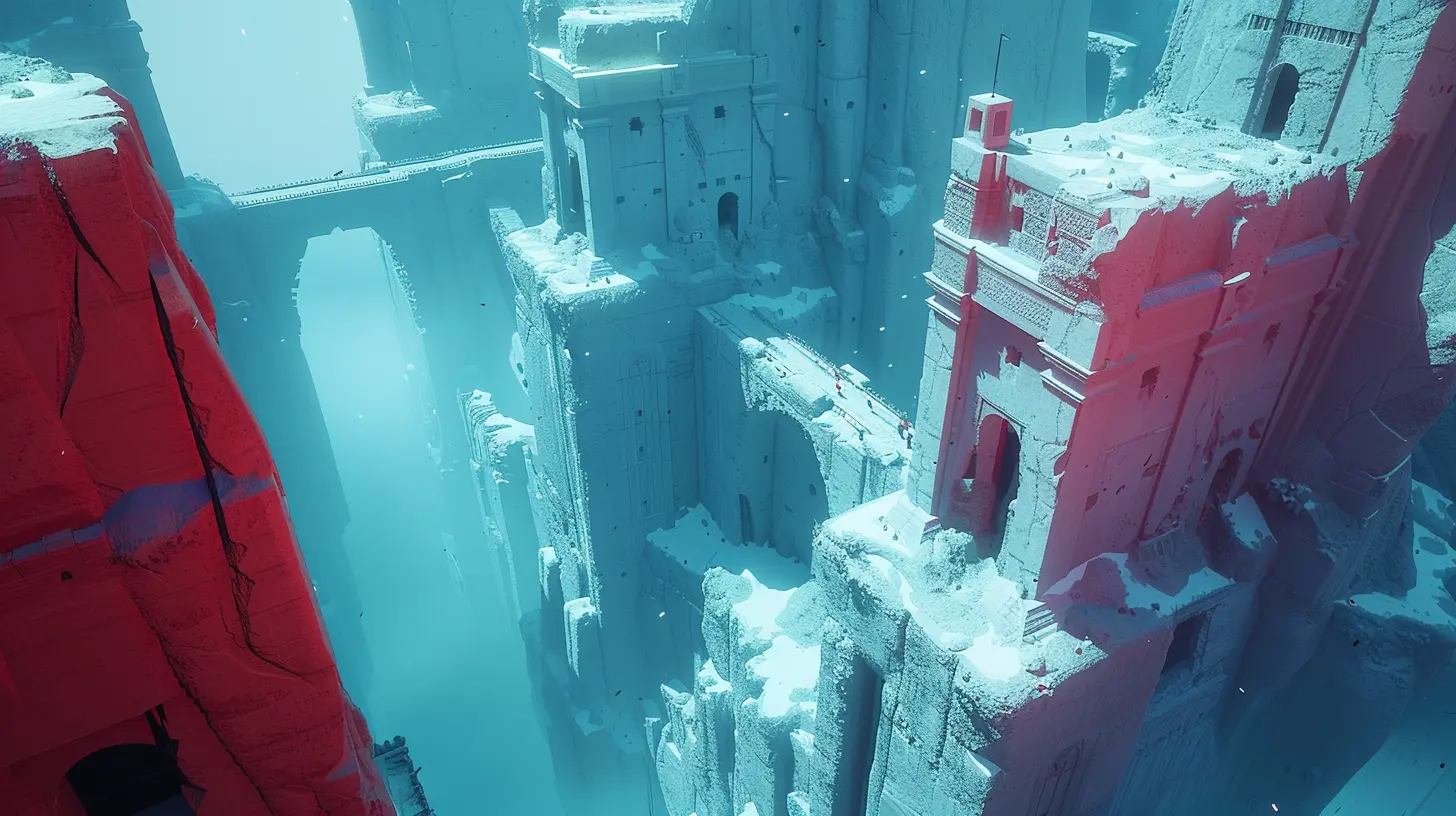
Games That Nail Mechanical Depth
Let’s take a look at a few MVPs that totally understand the assignment when it comes to mechanical depth encouraging replays.🎮 Slay the Spire
This deck-building roguelike has layers like an onion. Every run is different thanks to randomized cards, relics, and enemies. But the real meat is in how those cards synergize. One combo can break the game in your favor—if you build it right. It’s like playing poker with magical powers.🎮 Celeste
Wait, a platformer? Yep. Celeste is sneaky with its depth. The core movement is tight and responsive, but as you master advanced techniques (like wave dashing), you find out it’s not just about reaching the end—it’s about doing it with style. The game never tells you to use these tricks; you discover them organically. Neat, right?🎮 Dark Souls Series
These are the poster children for mechanical depth. You're given a set of tools—blocking, dodging, attacking, magic—but how you use them changes dramatically based on your build. Want to go full sorcerer? Two-handed greatsword? Lightning spears? Pick your poison. And when you finally conquer a boss you used to die to in seconds, it feels like leveling up in real life.🎮 The Binding of Isaac
Every run is a chaotic mess (in the best way). With hundreds of items and interactions—some helpful, some hilariously broken—you never know what's coming. It's pure experimentation every time.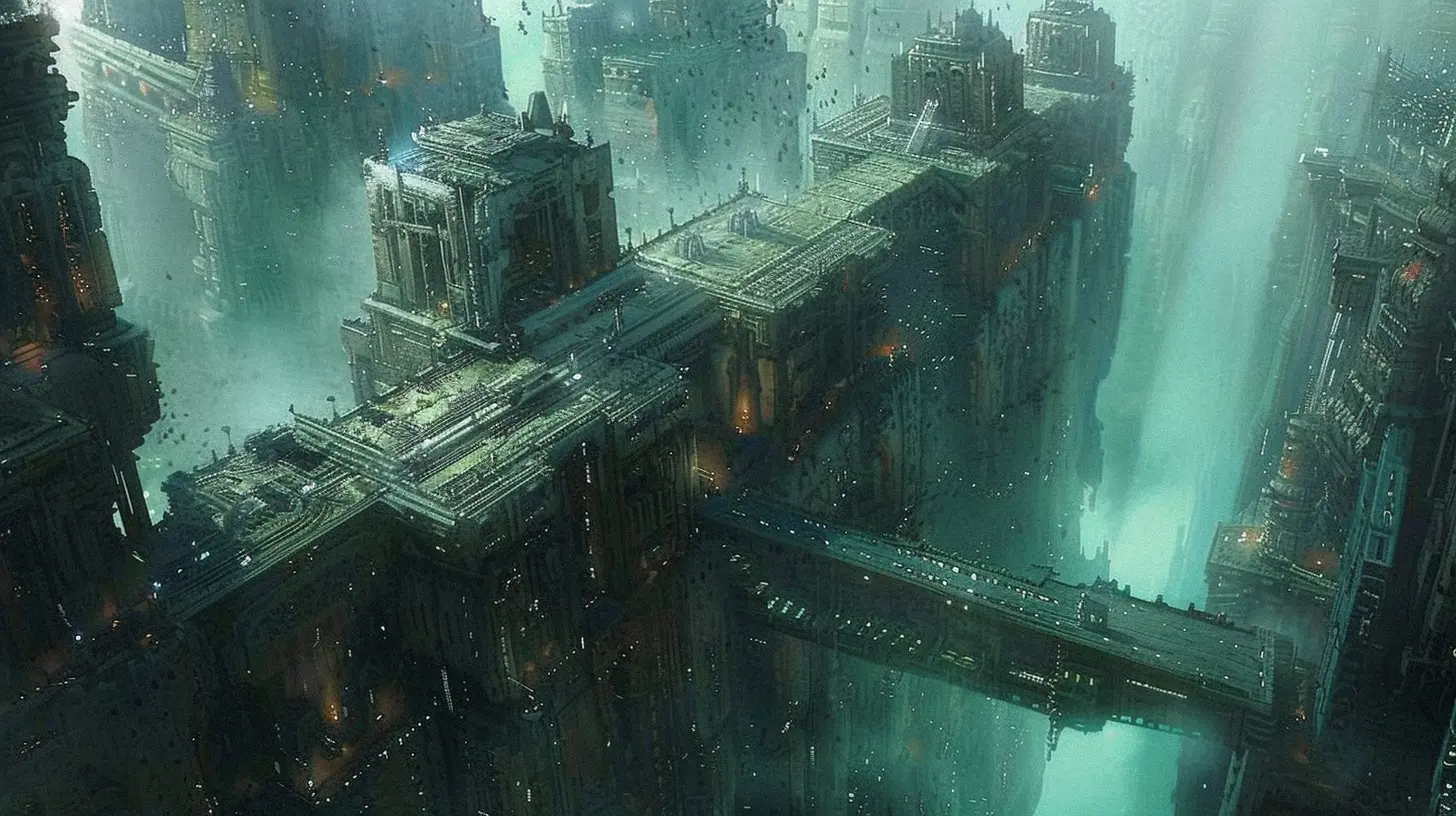
The Psychology of “Just One More Game”
Let’s shift gears a bit. Why do we even crave replayable games in the first place? There’s some science behind it, believe it or not.🎯 Dopamine Loops
Games with deep mechanics keep the dopamine flowing. Every little success—or even a clever failure—adds to that feel-good feedback loop. With so many potential strategies or outcomes, your brain stays curious and engaged.🧠 Cognitive Engagement
Humans love solving problems and improving at things. When a game gives you a playground of mechanical tools, each run becomes a personal puzzle. You didn’t just “beat the game”—you outsmarted it.🤓 The Learning Curve High
With each replay, you learn something new. Maybe it’s a skill, a trick, or a better strategy. That steady climb of improvement makes you feel like a genius. Even if you're just avoiding spikes better than yesterday, it feels like a win.Elements That Fuel Mechanical Depth
Let’s break down what actually creates mechanical depth in a game. Designers have a lot of tricks up their sleeve to keep us glued to our controllers.🧩 Synergistic Systems
The best games don’t just have multiple mechanics—they let those systems feed into each other. Think of it like combining flavors in cooking. Alone they’re fine, but together? Magic.Example: In Hades, mixing boons from different gods leads to crazy combos. You’re not just picking upgrades; you’re crafting a unique battle style each time.
🔄 Procedural Generation
Randomization adds flavor. When levels, enemies, or items change with each playthrough, players are forced to adapt. It keeps the game feeling fresh even after dozens of hours.🧠 Emergent Gameplay
Sometimes, depth comes from what players do, not what the devs designed. Emergent gameplay is when players find unexpected ways to use mechanics, leading to creative solutions.Games like Breath of the Wild shine here. Maybe you didn’t need to solve that puzzle with fire arrows, but hey—it worked!
🏗️ Flexible Build Paths
When players can build their characters or playstyle in wildly different ways, they’re more likely to dive back in. Games that allow freedom and variety in progression have inherently more replay value.Replayability Isn’t Just About Randomness
A common trap is thinking “replayability = procedural generation.” While that helps, it's not the whole deal. A game can be handcrafted and still offer tons of replay value—if the mechanics are rich enough.For instance, Spelunky uses procedural generation, but it’s the interactions between enemies, traps, and items that really create insane, memorable stories. On the flip side, games like Celeste or Sekiro are tightly designed but still irresistibly re-playable because of their depth.
Warning: Not All Complexity = Depth
Let’s debunk a myth real quick. Just because a game has tons of systems doesn’t mean it has depth.If mechanics don’t interact meaningfully or offer real decision-making, they’re just noise. Some games throw a million things at you—stamina, crafting, inventory Tetris—but if those systems are shallow? You’ll bounce off fast.
Depth is about quality over quantity.
The Future of Deep Mechanics
We’re living in a golden age of smart game design. From indie darlings to AAA blockbusters, more developers are focusing on mechanical depth as a core principle.With tools like machine learning, procedural content, and player feedback loops, the future of game mechanics looks insanely promising. We’re already seeing hybrid genres (like deck-building action games??) that are pushing the envelope.
But the heart of it stays the same: give players meaningful choices, room to grow, and ways to express themselves. That’s what keeps us coming back.
Final Thoughts: Depth Over Gimmicks
In a world full of flashy titles with massive budgets, it’s refreshing when a game pulls you in not because of its graphics or story, but because it just feels good to play. Mechanical depth is the reason you’re still booting up a five-year-old roguelike and thinking, “Okay, one more run.”So next time you’re hooked on a game and can’t quite explain why—take a closer look. The answer’s probably buried somewhere in its clever, intricate, and endlessly engaging mechanics. And honestly? That’s the kind of magic we’ll never get tired of.
Happy gaming, and may your replays always be legendary.
all images in this post were generated using AI tools
Category:
ReplayabilityAuthor:

Luke Baker
Discussion
rate this article
1 comments
Ramona Estes
This article nails it! Games with mechanical depth not only offer rich experiences but also keep players coming back for more. It’s fascinating how layered gameplay can enhance replayability, allowing us to discover new strategies and approaches each time. Great insights here!
September 13, 2025 at 3:04 PM

Luke Baker
Thank you! I'm glad you resonated with the insights on mechanical depth and its impact on replayability. Your thoughts on layered gameplay are spot on!
